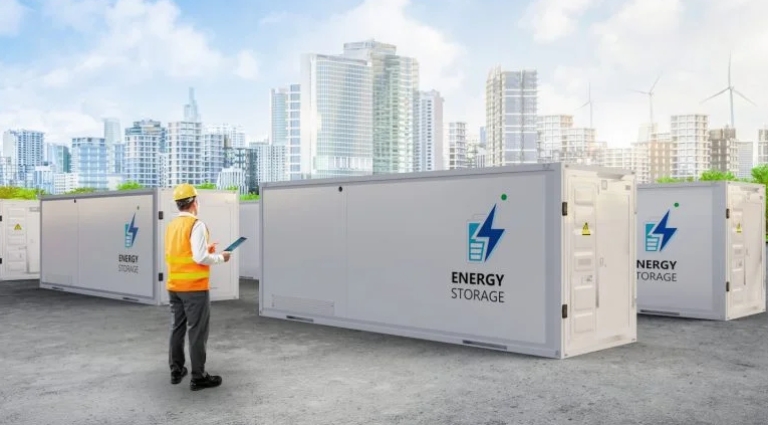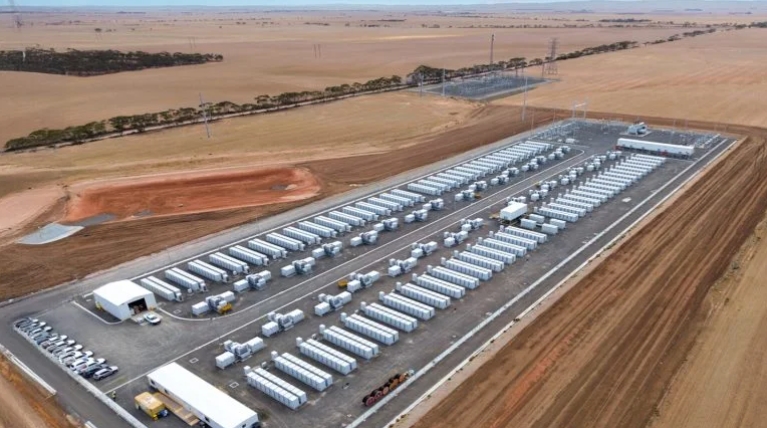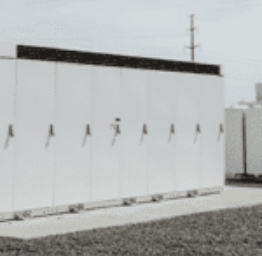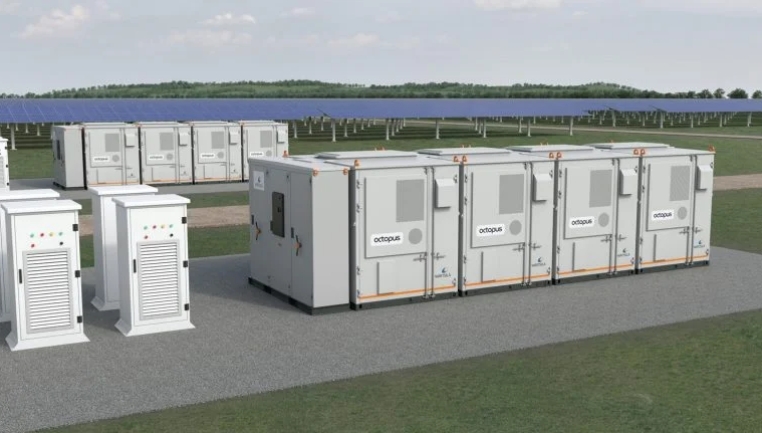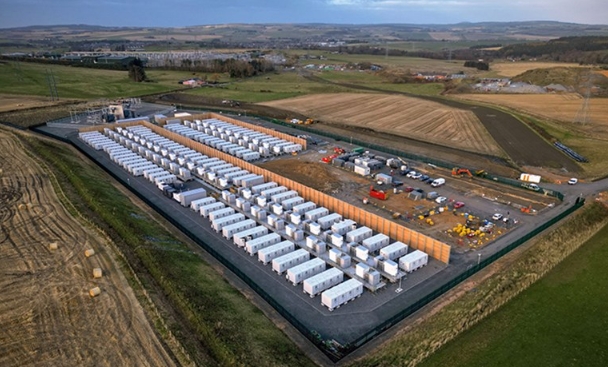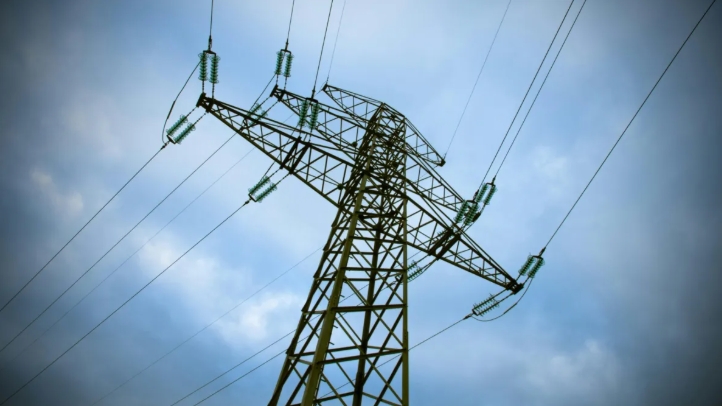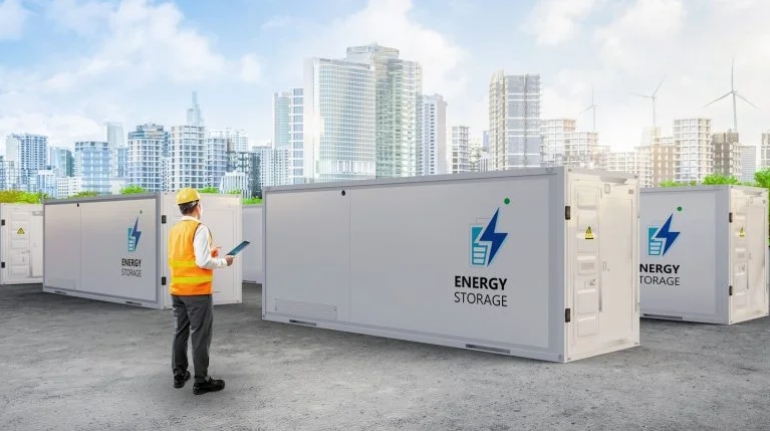The Government of Canada has announced nearly CAD20 million (USD15 million) in federal funding to support the provinces of Nova Scotia and New Brunswick to help enable a phase-out of coal-fired electricity generation by 2030. The funding includes CAD7 million to support pre-development work for a small modular reactor at Point Lepreau in New Brunswick.

Canadian Minister of Energy and Natural Resources Jonathan Wilkinson, Minister of Public Safety, Democratic Institutions and Intergovernmental Affairs Dominic LeBlanc, and Minister of Housing, Infrastructure and Communities Honourable Sean Fraser, Nova Scotia Premier Tim Houston, Minister of Natural Resources and Renewables of Nova Scotia Tory Rushton and New Brunswick Premier Blaine Higgs on 16 October have agreed a Joint Policy Statement on Developing and Transmitting Clean, Reliable and Affordable Power in Nova Scotia and New Brunswick, outlining a two-track collaborative programme to reach these goals.
Under the first track of work, the provincial and federal governments will identify the necessary investments to support the phase-out of coal-fired electricity by 2030, and the transition to clean energy. Under the second track of work, the parties agreed to "confirm and advance areas of critical importance and cooperation on the path to net-zero electricity by 2035". These include SMRs in New Brunswick and offshore wind in Nova Scotia. Both provinces will work on batteries and renewables integration, solar, hydrogen-capable/flex fuel generators, and smart grid management tools.
Alongside the joint policy statement, the Government of Canada said it will provide federal funding of CAD11.5 million to Nova Scotia Power to improve grid system monitoring and automation to support the innovation and transformation needed for that province to adopt clean generation and manage its transition off coal; CAD7 million to support pre-development of ARC Clean Technology Canada's SMR at Point Lepreau in New Brunswick; and CAD2 million to help explore the feasibility of converting the Belledune coal-fired Generating Station in New Brunswick from coal to sustainably sourced biomass, plus a CAD978,945 investment to help the Belledune Port Authority undertake site preparedness studies to establish an industrial green hub.
"Canada's commitment to decarbonising our electricity grid is foundational to address the global fight against climate change and to seize the economic opportunities associated with the transition to a clean grid from coast to coast to coast," Wilkinson said. "Today's investments will help drive clean electricity development for Nova Scotians and New Brunswickers and establish a pathway to achieve a clean, reliable and affordable electricity system for generations to come."
"It is important to realise that none of this will be possible without substantial federal funding, and I look forward to future commitment in that regard," said Higgs.
The ARC-100 - a 100 MWe sodium-cooled fast reactor - has been selected for a demonstration project at NB Power's existing Point Lepreau nuclear power plant site as part of a joint strategic plan for SMR deployment by the provincial governments of Ontario, Saskatchewan, New Brunswick and Alberta. The demonstration unit is slated for commissioning by 2029, subject to approvals and licensing. The Belledune Port Authority has also previously expressed interest in using SMRs as part of a green energy hub.

